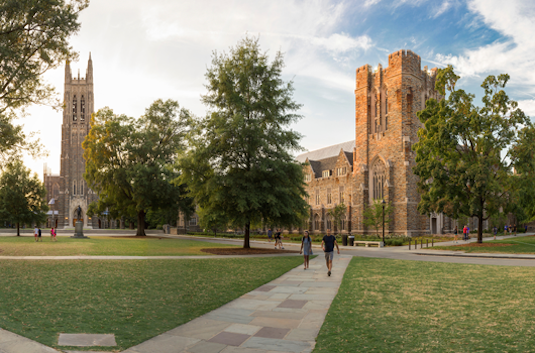Teacher Quality and Learning Inequality

Schools are expected to equip students with the skills to climb the socioeconomic ladder. This paper examines teachers' contributions to this process. To this end, we explore the determinants of Chile's college admission test for the universe of test takers between 2013 and 2021. The analysis exploits unique and rich matched teacher-student data gathered from multiple administrative information sources, allowing us to account for student, school, and teacher characteristics. We implement different decompositions of the production function of cognitive achievement, including value-added specifications. Our findings show that teachers' performance on the college admission test (at age 17-18) and whether they hold a formal educational degree predict their students' success. When switching the focus to the gaps in college admission test scores by school types (public vs. voucher), we document that controlling for students' pre-high-school performance and predetermined school characteristics significantly reduces the average advantage of voucher schools. However, productivity differentials emerge as drivers of disparities across the distribution of test scores. The teacher-student interactions play a significant role.







